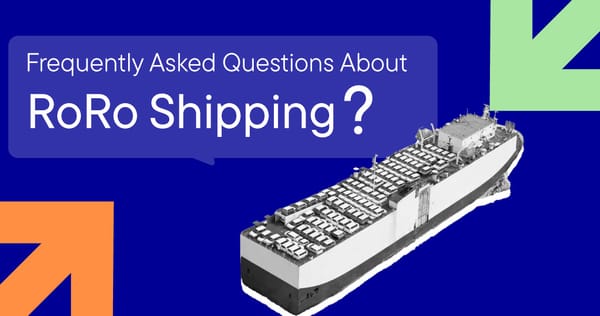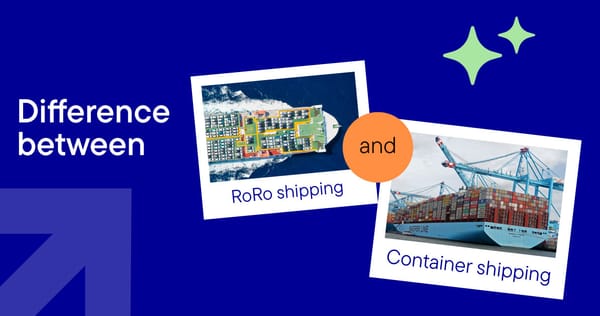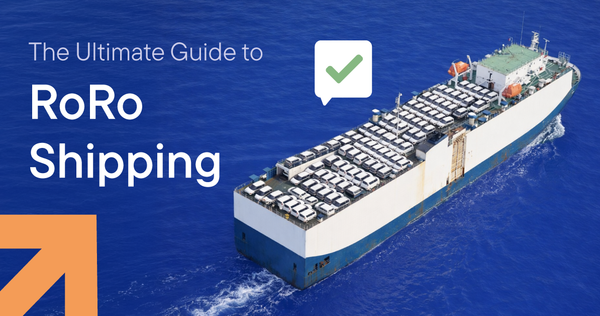Customs Can’t Touch This Package - Diplomatic Shipment
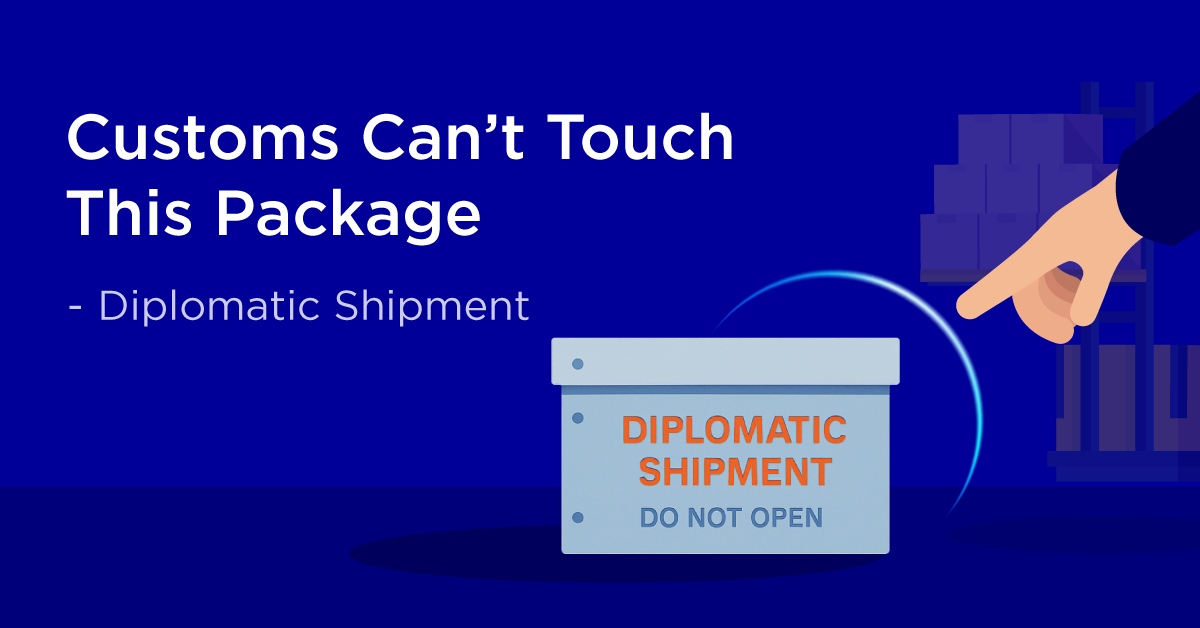
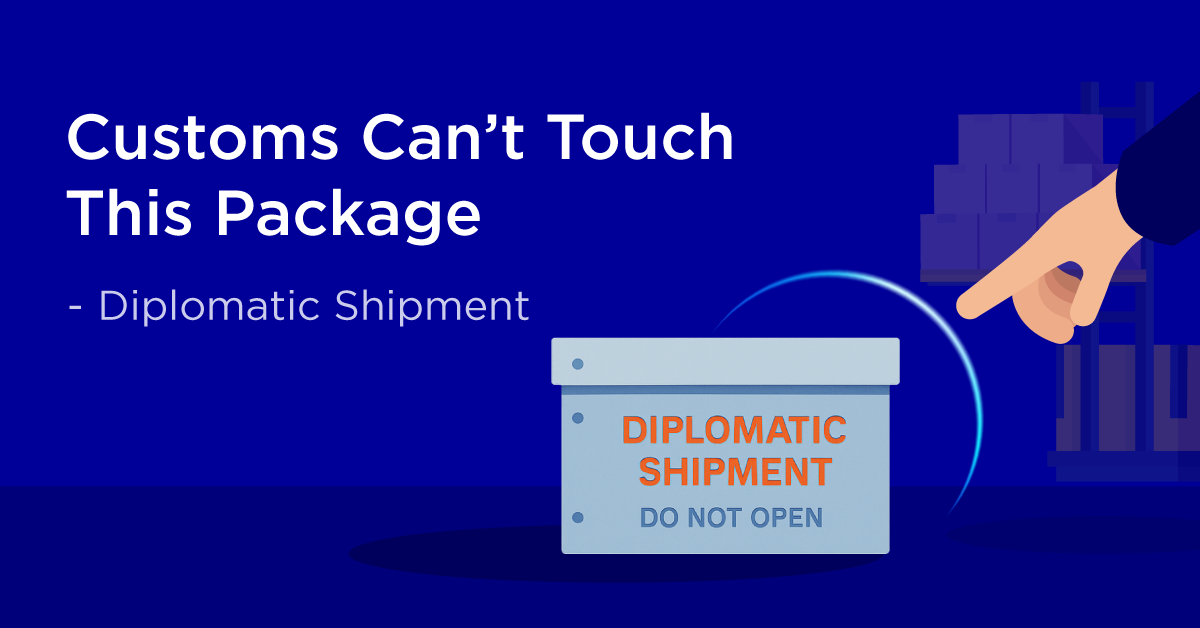
Imagine a package so secret that even customs officers—whose job is to inspect every parcel crossing the border—are legally forbidden from opening it.
No, it’s not a scene from a spy movie. It’s real life, and it happens every day through diplomatic shipments.
These special shipments are the lifelines of embassies and diplomats around the world, carrying everything from confidential government documents to essential personal supplies for official work.
In this blog, we’ll dive into what diplomatic shipments are, how they work, what can be sent through them, and why they are crucial for maintaining trust between nations.
What Are Diplomatic Shipments?
In simple terms, a diplomatic shipment is a package sent or received by an embassy, consulate, or diplomat that cannot be opened or inspected by customs.
Think of it as a “special delivery” for official diplomatic purposes.
These shipments are often called diplomatic bags or pouches, and they can carry a wide range of items: official documents, government equipment, or even some personal items for diplomats.
What makes them unique is their legal protection under international law, specifically the Vienna Convention on Diplomatic Relations (1961).
This law ensures that these shipments remain confidential and secure, no matter where they travel in the world.
Key points to remember:
- Purpose: For official diplomatic work or modest personal items for diplomats.
- Protection: Customs cannot open or seize them.
- Labeling: Clearly marked as “diplomatic” to signal their protected status.
- Flexibility in transport: They can move by air freight for speed or ocean freight (either LCL – Less than Container Load or FCL – Full Container Load) for larger shipments.
How Diplomatic Shipments Work
So, how does a diplomatic shipment actually make its way into the United States? The process is designed to be smooth, secure, and protected at every step.
- It all begins with the shipment itself. Goods are packed into a diplomatic bag, pouch, or even a full cargo container, clearly marked as diplomatic shipment to show their diplomatic status.
- Once sealed, that package becomes untouchable—U.S. Customs and Border Protection (CBP) cannot open it, inspect it, or seize it, no matter what’s inside.
- This protection comes directly from international law, specifically the Vienna Convention on Diplomatic Relations.
- When the shipment is headed for the U.S., the embassy or consulate preparing it must take one important step before it even arrives: filing a DS-1504 form.
- This is the official “Request for Customs Clearance of Diplomatic Pouch,” and it tells U.S. authorities what to expect.
- Without this form, the shipment won’t be recognized for diplomatic clearance.
- Once the DS-1504 is submitted, the Office of Foreign Missions (OFM)—a branch of the U.S. Department of State—steps in.
- OFM acts as the gatekeeper, coordinating with the U.S. Customs and Border Protection (CBP) to make sure the incoming shipment is treated as diplomatic cargo.
- Thanks to this process, the shipment moves quickly through customs channels.
- Here’s the best part: diplomatic shipments are duty-free and tax-exempt. That means no customs duties, no tariffs, and no additional fees—as long as the goods are for official or personal diplomatic use and properly declared through OFM.
Why Customs Cannot Open Diplomatic Shipments
At this point, you might be wondering: Why would the U.S. Customs and Border Protection (CBP) allow sealed cargo to pass through without inspection? After all, their job is to protect U.S. borders and check what’s coming into the country.
The answer lies in international law. Under the Vienna Convention on Diplomatic Relations (1961), diplomatic bags, pouches, and containers are given absolute protection.
This means they cannot be opened, searched, or seized by customs or security officials, no matter which country they are passing through.
There are a few key reasons for this rule:
- Confidentiality of Diplomatic Work
- Embassies and consulates often send highly sensitive documents, communications, or equipment. Allowing inspections could expose national secrets or interfere with diplomacy.
- Trust Between Nations
- Diplomatic immunity is built on mutual respect. If one country were to open another’s diplomatic shipment, it would break trust and likely spark a diplomatic dispute.
- Legal Obligation
- The United States, like most countries, has signed and abides by the Vienna Convention. By honoring these protections, the U.S. ensures that its own diplomatic shipments abroad receive the same treatment.
In short, CBP’s hands are tied—not by weakness, but by law and by international agreement. Once a shipment is sealed and officially marked as diplomatic, it becomes inviolable.
What Can Be Sent Through Diplomatic Shipments
Not everything can travel under the umbrella of diplomatic protection. These shipments are meant to serve the needs of embassies, consulates, and accredited diplomats—not to bypass trade rules or flood a country with duty-free goods.
- Official Items
- The main purpose of diplomatic shipments is to move official government materials.
- This includes things like classified documents, encrypted communication devices, embassy office equipment, and other supplies needed to keep diplomatic missions running smoothly.
- Personal Items
- Diplomats are also allowed to ship personal belongings, but with clear limits. Think clothing, household items, or personal electronics needed for their posting.
- These are covered under diplomatic privileges and remain duty-free and tax-exempt when properly declared.
- What’s Not Allowed
- What cannot be sent are commercial goods or items intended for resale.
- Using diplomatic protection to import luxury products, large quantities of electronics, or anything meant for profit is a violation of the rules—and could trigger a diplomatic incident.
Who Can Ship Diplomatic Shipments Best?
Handling a diplomatic shipment isn’t the same as sending a regular package. These shipments require special knowledge, precision, and compliance with U.S. regulations. Not just anyone can ensure they arrive safely, duty-free, and unopened.
The best handlers are those who understand:
- DS-1504 filings: Making sure the shipment is properly declared for U.S. customs clearance.
- OFM coordination: Working closely with the Office of Foreign Missions to confirm diplomatic status.
- Secure transport options: Choosing the right mode—air freight for speed, or ocean freight (LCL/FCL) for larger shipments.
- Legal protections: Ensuring the shipment remains fully sealed and compliant with international law.
Why expertise matters:
A small mistake—like missing a DS-1504 submission—can delay the shipment, create headaches at customs, or even raise questions about the diplomatic status of the cargo.
That’s why embassies and consulates rely on trusted international freight forwarders who specialize in diplomatic shipments.
Conclusion
Diplomatic shipments aren’t just boxes—they’re messengers of trust, security, and international cooperation.
From sensitive government documents to essential embassy supplies and personal belongings, these shipments move across borders untouched by customs, duty-free, and fully protected by law.
But protection alone isn’t enough. Every diplomatic shipment demands expert handling, careful compliance with DS-1504 filings, and coordination with OFM, whether it travels by air or by ocean (LCL/FCL). One misstep can delay critical materials or disrupt diplomatic operations.
That’s where AIR7SEAS comes in.
Whether it’s navigating DS-1504 filings, coordinating with OFM, or choosing the right transport—air or ocean (LCL/FCL), we make sure your diplomatic shipment arrives safely, on time, and fully protected.
Because in the world of diplomacy, every shipment isn’t just cargo—it’s a mission, and we make sure your mission succeeds.
Frequently Asked Questions
1. What is a diplomatic shipment?
A diplomatic shipment is a package sent or received by an embassy, consulate, or diplomat that cannot be opened or inspected by customs. It usually contains official documents, government supplies, or modest personal items.
2. What is a DS-1504 form?
The DS-1504 is the Request for Customs Clearance of Diplomatic Pouch. It must be filed with U.S. authorities before a diplomatic shipment arrives, allowing smooth clearance through CBP.
3. Can personal items be shipped in a diplomatic shipment?
Yes, small personal belongings like clothing, books, or household items can be included. However, commercial goods or items intended for resale are not allowed.
4. Are diplomatic shipments duty-free?
Yes. Official and personal items in a diplomatic shipment are exempt from customs duties and taxes when properly declared and cleared with DS-1504 and OFM.
5. Who can handle diplomatic shipments?
Only international freight forwarders familiar with DS-1504 filings, OFM coordination, and secure transport options should handle diplomatic shipments to ensure compliance and safe delivery.
6. How long does it take to clear a diplomatic shipment in the U.S.?
Once DS-1504 is filed and OFM coordinates with CBP, clearance is usually fast and seamless, though timing depends on the mode of transport and size of the shipment.


